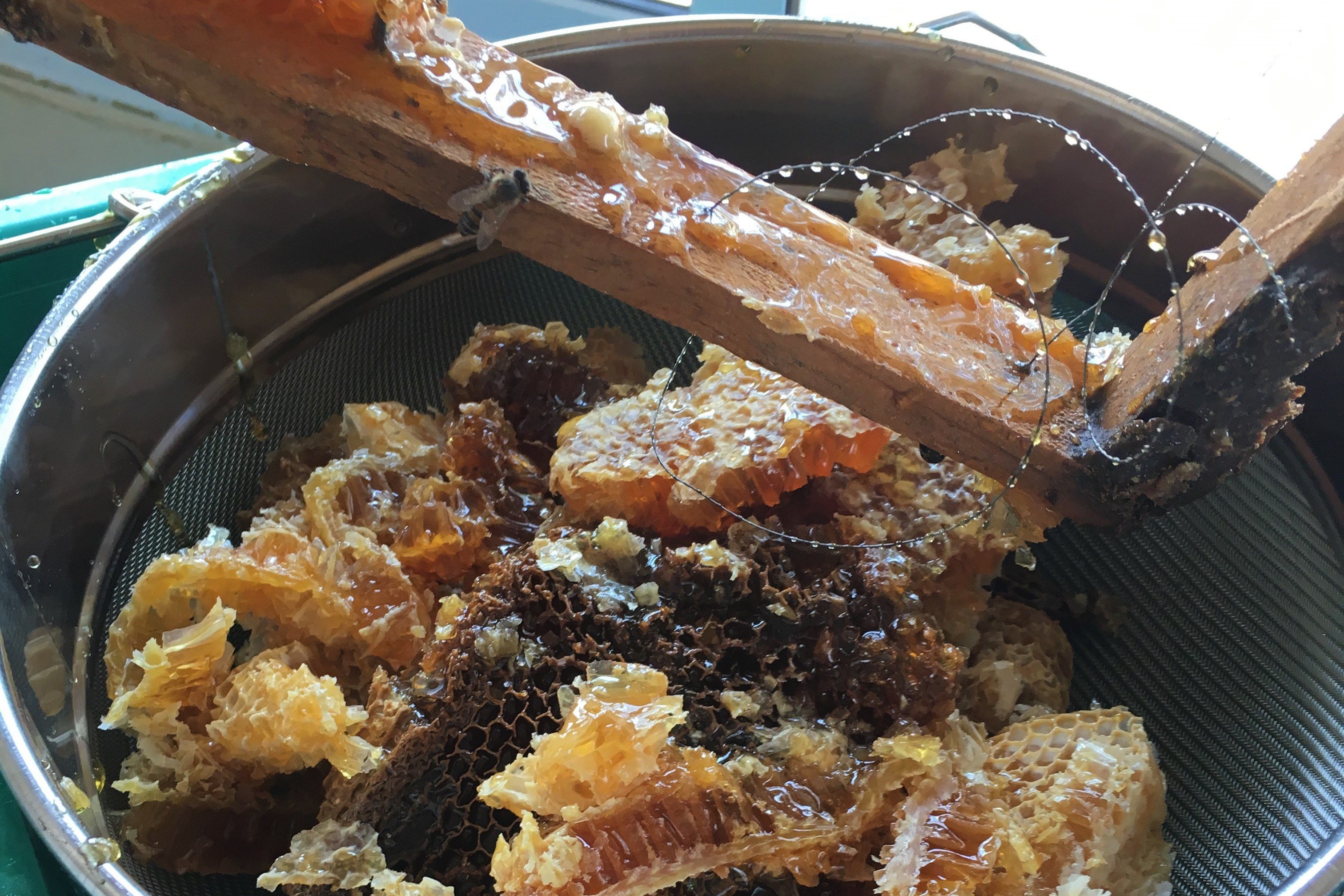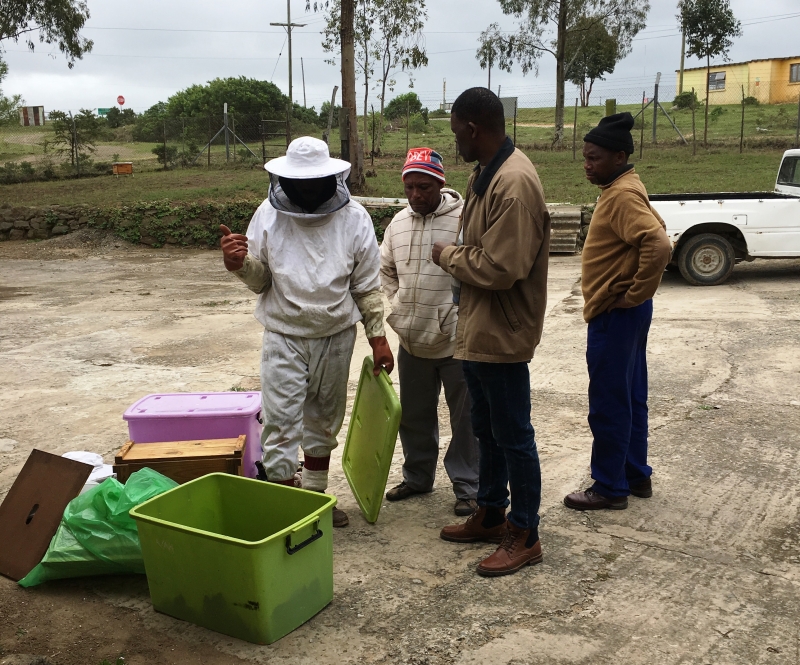The project is situated in Wesley. The community is part of the Nqushwa district in the Eastern Cape of South Africa. A region that is characterized by extreme disparities that can be traced back to Apartheid. This means that Wesley belonged to the racially segregated Ciskei ‘Homeland’. The majority of the families living in this region were expulsed from white farms in the Eastern Cape, as a consequence of the apartheid regime policies. Today, the region struggles with the legacy of systematic neglect during Apartheid. The population is faced with high poverty and unemployment rates. With 78 percent unemployment the region exceeds the provincial average by 20 percent. For the majority of the households the monthly income is below 107 Euro. The non-profit organization ‘Nceduluntu’ aims of tackling the social and economic problems in the region by supporting the development of the region through the promotion of community driven projects. For this purpose, it skillfully takes advantage of the local resources.
A new home for wild bees generates work and income
The beekeeping project was born out of the observation that many wild bee swarms are home to the blue gum trees growing on the grounds of the ‘Nceduluntu Centre’. At first a pilot run was initiated. Six people from the community were trained by a professional beekeeper from a neighboring village and the first hives were set up. Additionally, a partner to sell and market the honey was found.



